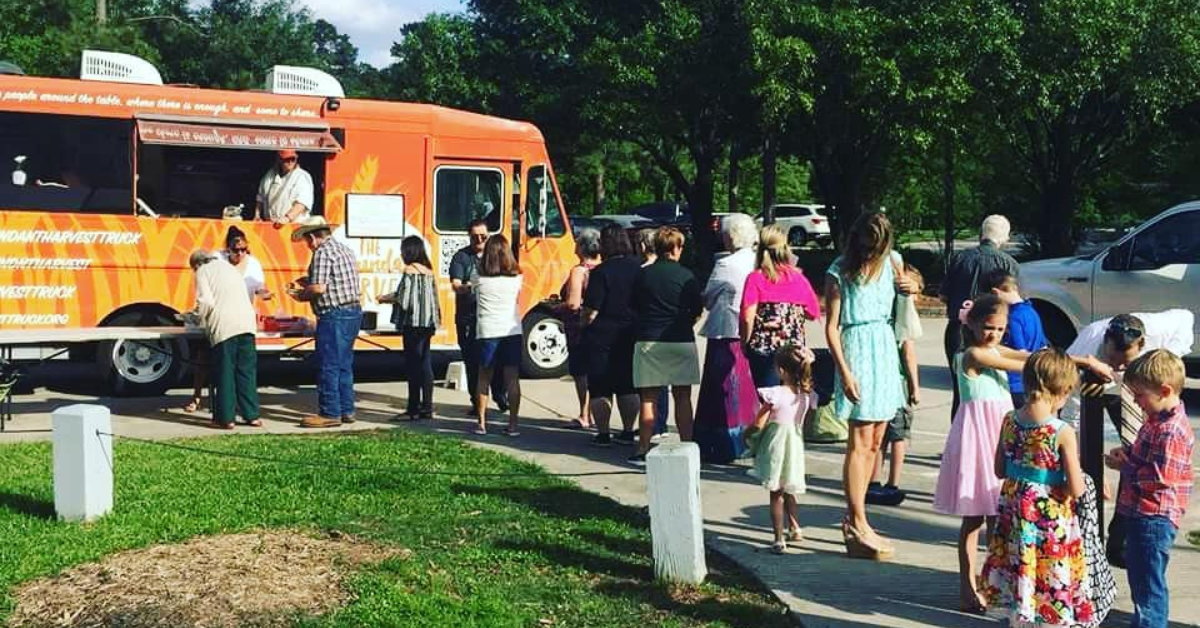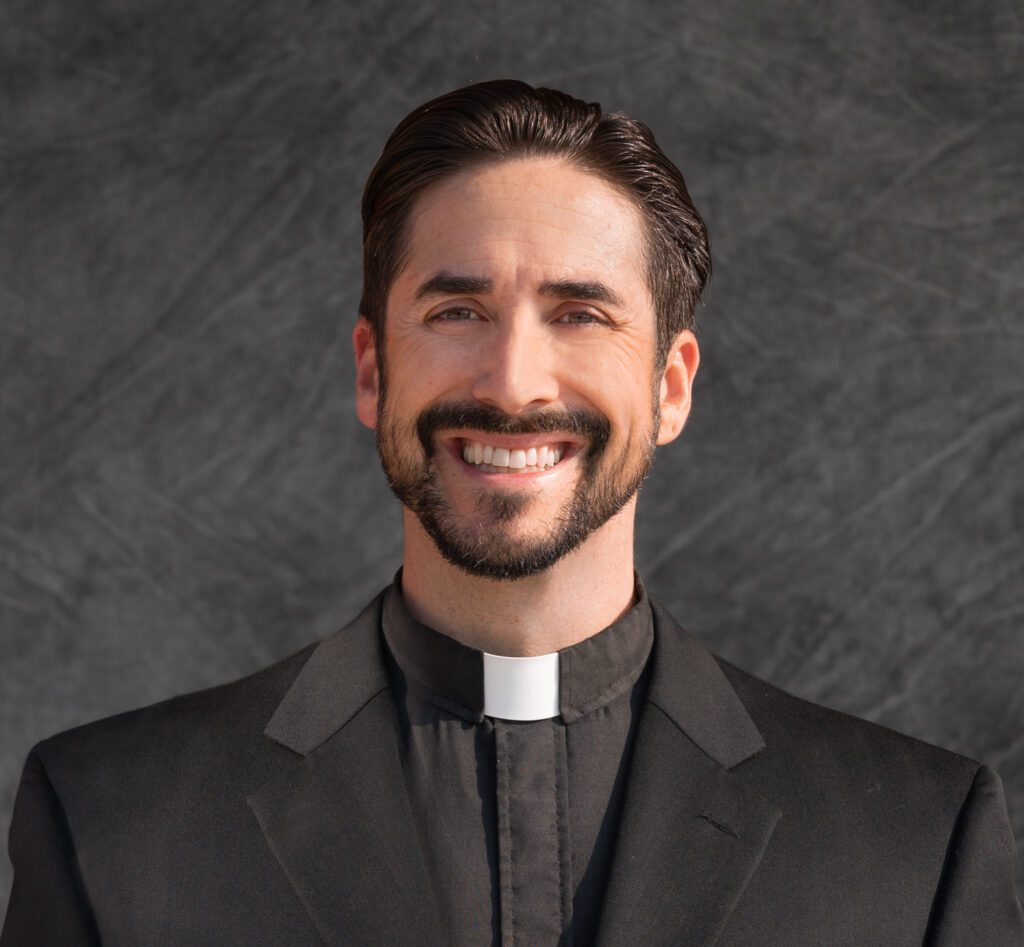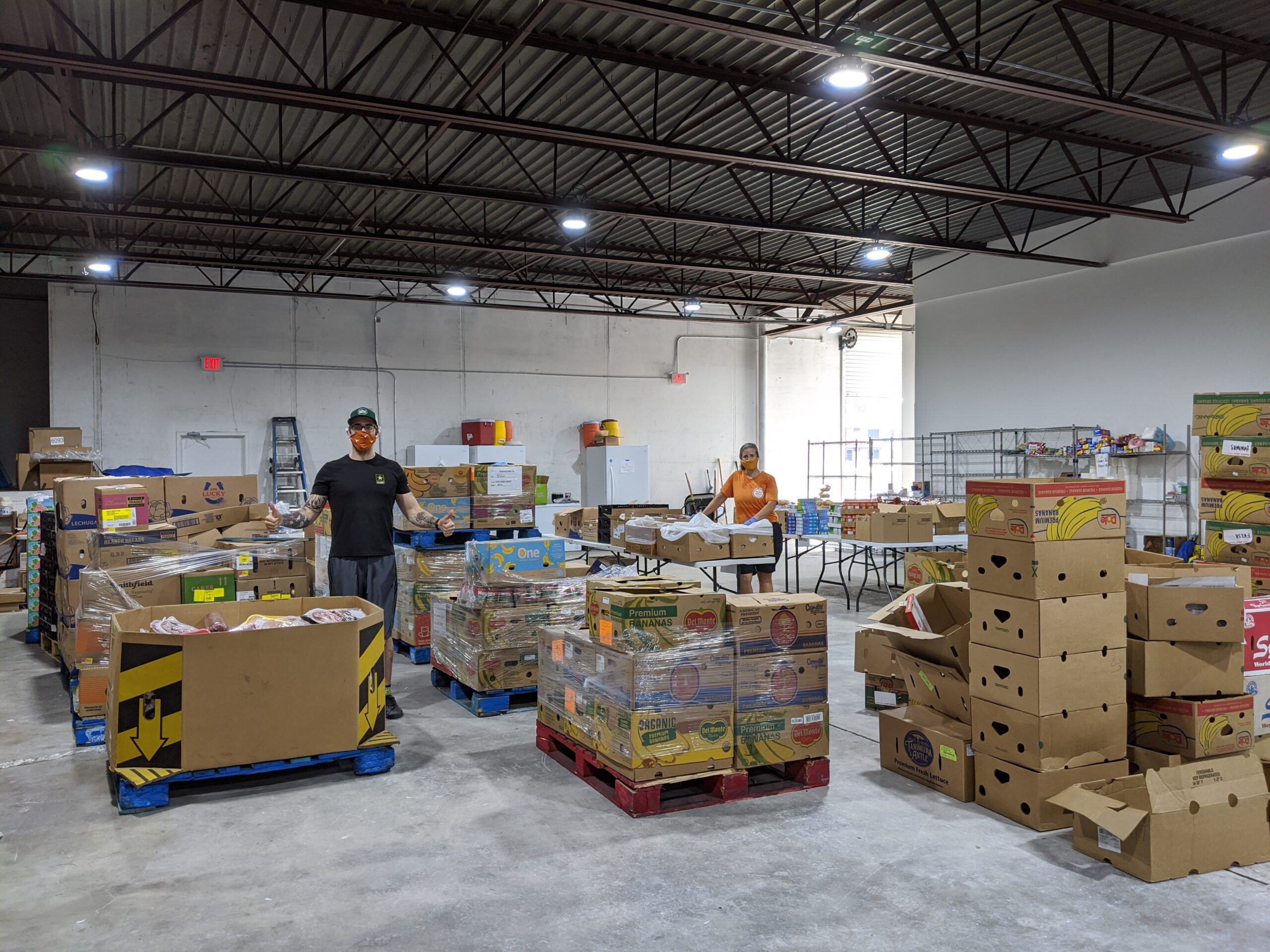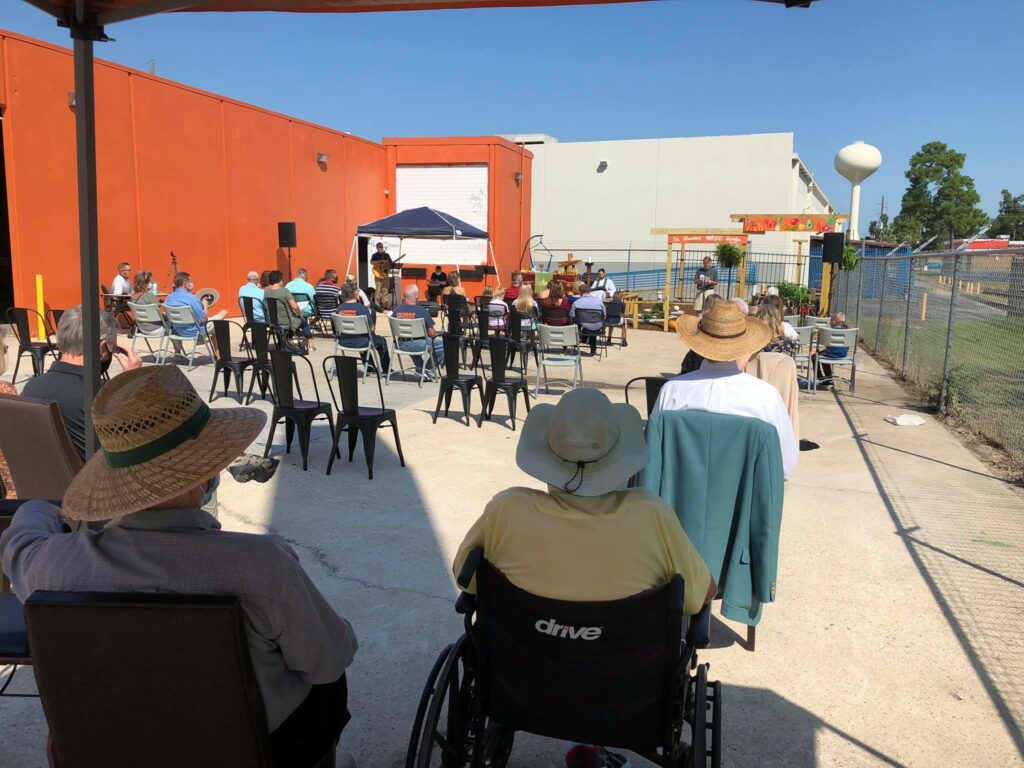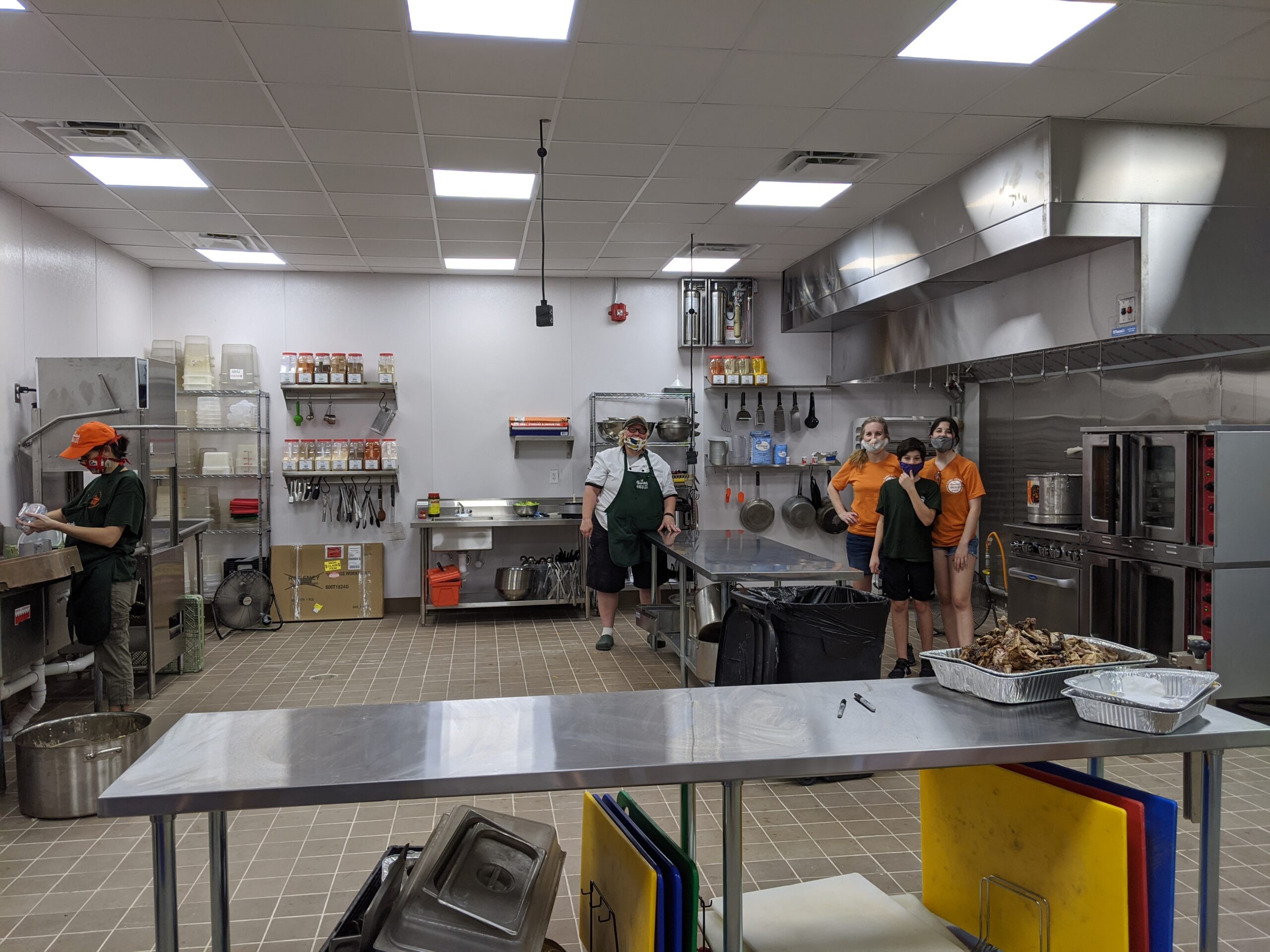Sean Steele is an Episcopal priest at St. Isidore in Spring, Texas. St. Isidore is not your typical Episcopal parish located in a central place, but rather a collection of nearly a dozen smaller, dispersed communities. Each community was formed in and by specific contexts. Sean describes it as a “church with many walls.” The vision for the church was to create a “segregated network of mission community house churches that were held together by the invisible instruments of communion. Each community is specifically designed in a particular way for a group of people that love God, but feel left out by the Church.”
Sean always felt like a misfit even in his own church, but that God kept calling him to serve the Church. He has had a lot of experience in traditional Episcopal contexts but says, “I had a moment where I realized or I wondered how things would be different if I thought God was calling me in and through my stories. What would happen if I didn’t feel a need to cover up my tattoos and to stay polished all the time? What would it look like if we took everything that I loved about the Episcopal tradition, and we brought that into the world?” Through this wondering, St. Isidore was born.
An outreach center
The first visible element of the church was a food truck, launched as a way to generate some income as well as a method of doing acts of service like recycling food from grocery stores, catering, and offering free meals. For them, that concept wasn’t sustainable. The team decided to change course slightly and raise money to build a large social enterprise. They bought an old air conditioned warehouse and remodeled it to be able to serve several different kinds of groups. It was going to be an event center, a gym, a commercial kitchen, and a small business incubator. The dream was for the building to be a space to build more missional communities and for the various groups to gather once a month.
Then two days after they got their certificate of occupancy, lockdown began. St. Isidore’s pivoted again and became a food pantry, giving out 1.3 million pounds of food per year. They still have the gym and kitchen, and food truck. They have a cafe open every day, plus a legal clinic and counseling services all housed in one big outreach center. A massive 65% of the operating budget goes towards outreach.
Aside from the shared outreach ministry, St. Isidore has launched over a dozen missional communities, although due to the pandemic they currently have about 120 people between all their communities, which include:
- Grogan’s Mill house church: a community for young adults without children
- Kitchen Table Church
- Taco Church: an all men community
- St. Brigid’s Guild: an all women community
- Youth Church
- Warrior Church: for veterans and anyone else looking to integrate exercise and worship
- Slow Church: a contemplative community
- San Isidro: a Spanish-speaking community, and
- Montgomery Chapel Community: a traditional Episcopal worshiping community.
Sean gathers with each community once per month, except St. Brigid’s. Also once a month all communities are invited to come together for what they call Common Feast for worship and Eucharist. When communities are formed they build their own liturgy and commit to the experiment for six months. “We have been able to create community and curate space for people who never thought they would ever go back to church again or never thought they would enter into a church.”
Each community is rooted in 6 shared core values:
- All Are Welcome
- The Wisdom is in the Room—everyone has something to share
- All Hands on Deck—everyone is needed
- Offensive Generosity
- The Sacred is in the Profane—God uses the ordinary, and
- The Truth is in the Tension—difference is embraced.
Difference is embraced to such an extent that Sean wants to make sure that when new people join a community they ask themselves “How can we recreate the table?” instead of asking “How can we create a bigger table?”
Equally valid, equally holy
What is the value of having diaspora communities as part of a regular church model? Sean advises that we need to get out of the competitive scarcity model. Yet he emphasizes that this model is not a way to save the traditional church.
Sean points out that there are people in traditional congregations who don’t actually believe that there are people out there that don’t want to come to Sunday services. “They think that this is the pinnacle of the mountain, that everybody would be wanting to come here if they just knew about it.”
Sean wants to emphasize that both models of church are not just equally sustainable, but also equally valid and equally holy. “One is not better or worse or more mature or less mature than the other. If you can get people to see that they can take the best of who they are, their core values—because that’s really their identity, that’s their impact on the world—and then translate that into a new environment, hopefully they can see that this isn’t a less-than experience of church. You’re not missing out. You’re not a baby Christian.” As a church we need to tell a better story. “A lot of churches are telling a story that’s not all that different from the story people are hearing everywhere else.” The story Sean wants to tell is “accepting that you are accepted and really saturating your worldview in the fact that you cannot gain or lose any sense of love or belonging in Christ Jesus.”
Learn more
To find out more information about St. Isidore Episcopal, visit their website: https://www.isidores.org/
Find out more information about some of their outreach programs here: https://www.harvestkitchen.org/#/
